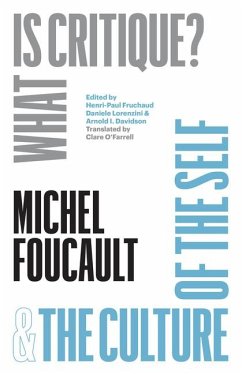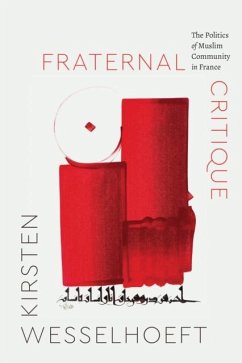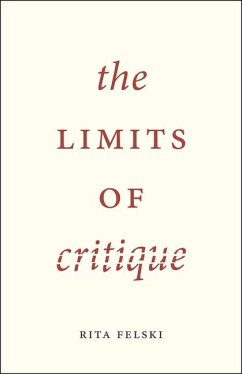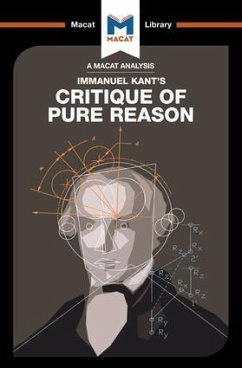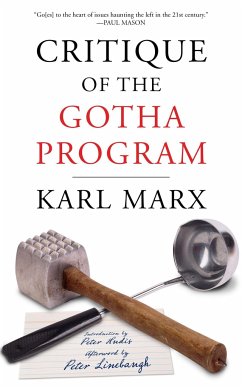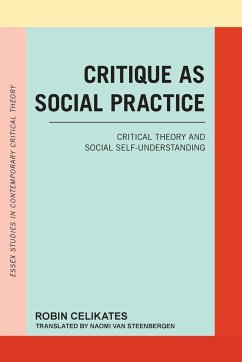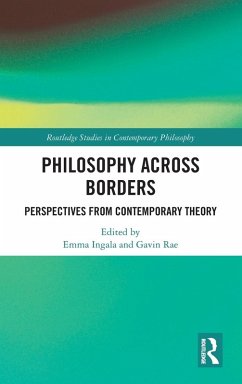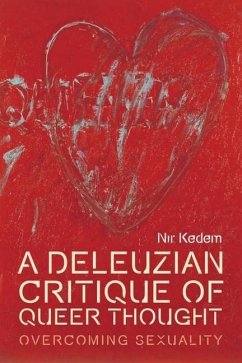
Critique of Freedom
The Central Problem of Modernity
Übersetzer: Schott, Nils F.

PAYBACK Punkte
26 °P sammeln!
"In this ambitious book, which he considers the most important of his career, Otfried Hèoffe provides a sophisticated defense of the principle of freedom and the project of modernity. The role of the idea of freedom as central to modernity is assessed in a number of dimensions: natural, economic-social, artistic and scientific, political, and personal-metaphysical. The Kantian notion of autonomy--central to both freedom and modernity--is discussed in terms of art, ethics, education, rights to privacy, free enterprise, constitutional issues, and more, describing in detail the fundamental role ...
"In this ambitious book, which he considers the most important of his career, Otfried Hèoffe provides a sophisticated defense of the principle of freedom and the project of modernity. The role of the idea of freedom as central to modernity is assessed in a number of dimensions: natural, economic-social, artistic and scientific, political, and personal-metaphysical. The Kantian notion of autonomy--central to both freedom and modernity--is discussed in terms of art, ethics, education, rights to privacy, free enterprise, constitutional issues, and more, describing in detail the fundamental role of freedom at the heart of modern life. Written in a sophisticated but straightforward style, Hèoffe draws not just on philosophy, but also economics, law, and literature, in order to clearly distinguish and appreciate the many meanings of freedom, and the indispensable role they play in liberal society. This is a bold, ambitious book that will appeal to anyone interested in the philosophical foundations of democratic life"--
Dieser Artikel kann nur an eine deutsche Lieferadresse ausgeliefert werden.




